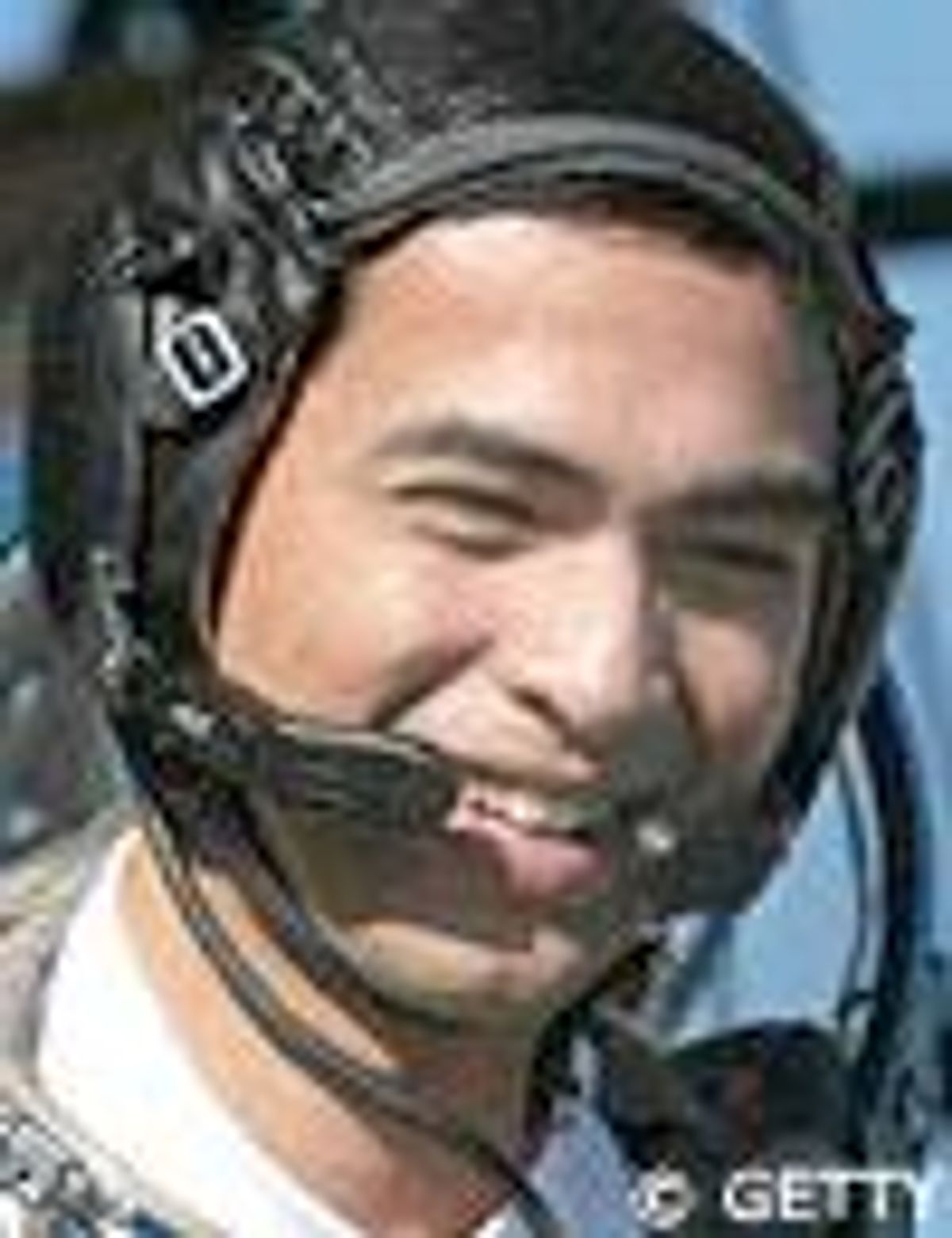
CONTACTStaffCAREER OPPORTUNITIESADVERTISE WITH USPRIVACY POLICYPRIVACY PREFERENCESTERMS OF USELEGAL NOTICE
© 2024 Pride Publishing Inc.
All Rights reserved
All Rights reserved
By continuing to use our site, you agree to our Private Policy and Terms of Use.
The next time you look toward space, you'll be seeing one of the last great frontiers in AIDS research. In October a rocket took off from Kazakhstan and transported a global crew of astronauts to the International Space Station, and during the 12-day mission, Malaysia's first astronaut conducted HIV protein experiments.
Sheikh Muszaphar Shukor, a 35-year-old orthopedic surgeon and part-time model, was chosen by Malaysian officials from over 11,000 applicants. Initially some critics panned his participation -- his country's government secured a spot on the mission after spending $1 billion on Russian fighter jets -- but his research was vital. Shukor studied microgravital effects and space radiation on cellular growth, which could lead to an HIV vaccine.
"By putting our man in space we want to raise the bar for Malaysia," says Jamaludin Jarjis, the nation's science minister. "This investment is for Malaysia's future, to create a knowledge-based society."
Shukor's homecoming was heartbreaking -- while he was treated to a hero's welcome, the celebration was dimmed by his having missed the funeral of his brother, who unexpectedly died while he was in space.
It may seem ironic that the crew member tasked with HIV experiments would be Muslim, but that reflects the pandemic's advances in the Islamic world -- where infections are rising in many nations, including Malaysia.
As for gays in Malaysia, their situation also remains precarious. The country prohibits sodomy, which is punishable by whipping as well as up to 20 years in prison. In early November, just two weeks after Shukor returned from space, police raided a gay sex party on Penang Island, arresting 37 men.
From our Sponsors
Most Popular
31 Period Films of Lesbians and Bi Women in Love That Will Take You Back
December 09 2024 1:00 PM
18 of the most batsh*t things N.C. Republican governor candidate Mark Robinson has said
October 30 2024 11:06 AM
True
After 20 years, and after tonight, Obama will no longer be the Democrats' top star
August 20 2024 12:28 PM
Trump ally Laura Loomer goes after Lindsey Graham: ‘We all know you’re gay’
September 13 2024 2:28 PM
Melania Trump cashed six-figure check to speak to gay Republicans at Mar-a-Lago
August 16 2024 5:57 PM
Latest Stories
Michigan man pleads guilty to plotting mass casualty events targeting gay people
December 20 2024 8:30 AM
L.A. deputy sheriff pleads guilty to viciously assaulting transgender man
December 20 2024 8:00 AM
Gay NBA Hall of Famer Rick Welts on being named the Mavericks' CEO (exclusive)
December 19 2024 7:14 PM
'Tis the season for the sexy Santas in speedos
December 19 2024 6:15 PM
Black trans woman Cameron Thompson, 18, shot to death in Alabama
December 19 2024 3:27 PM
Black students sue New York school after teacher asks if they are 'pure-bred'
December 19 2024 3:26 PM
Far-right Republican Mark Robinson must pay $35,000 for campaign finance violations
December 19 2024 11:30 AM
Maui prep school considers policies that effectively ban transgender students
December 19 2024 10:29 AM
Sin City sinners: Jonathan Van Ness says 'Queer Eye' cast gets spicy in season 9
December 18 2024 5:48 PM

















































































Viral post saying Republicans 'have two daddies now' has MAGA hot and bothered